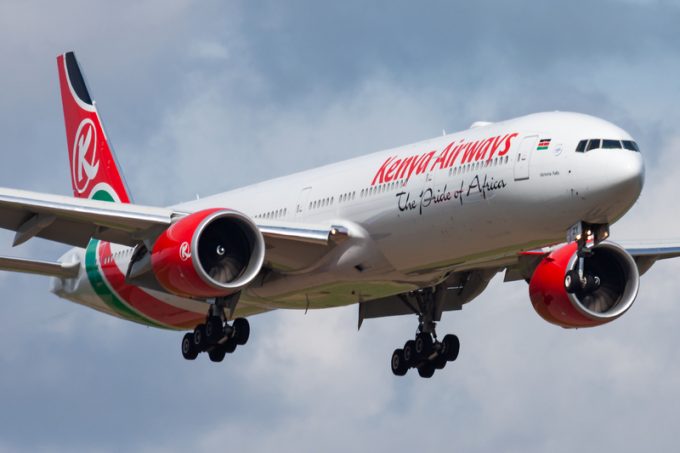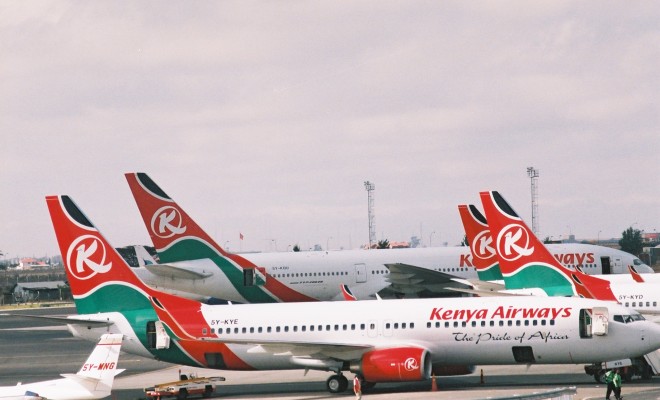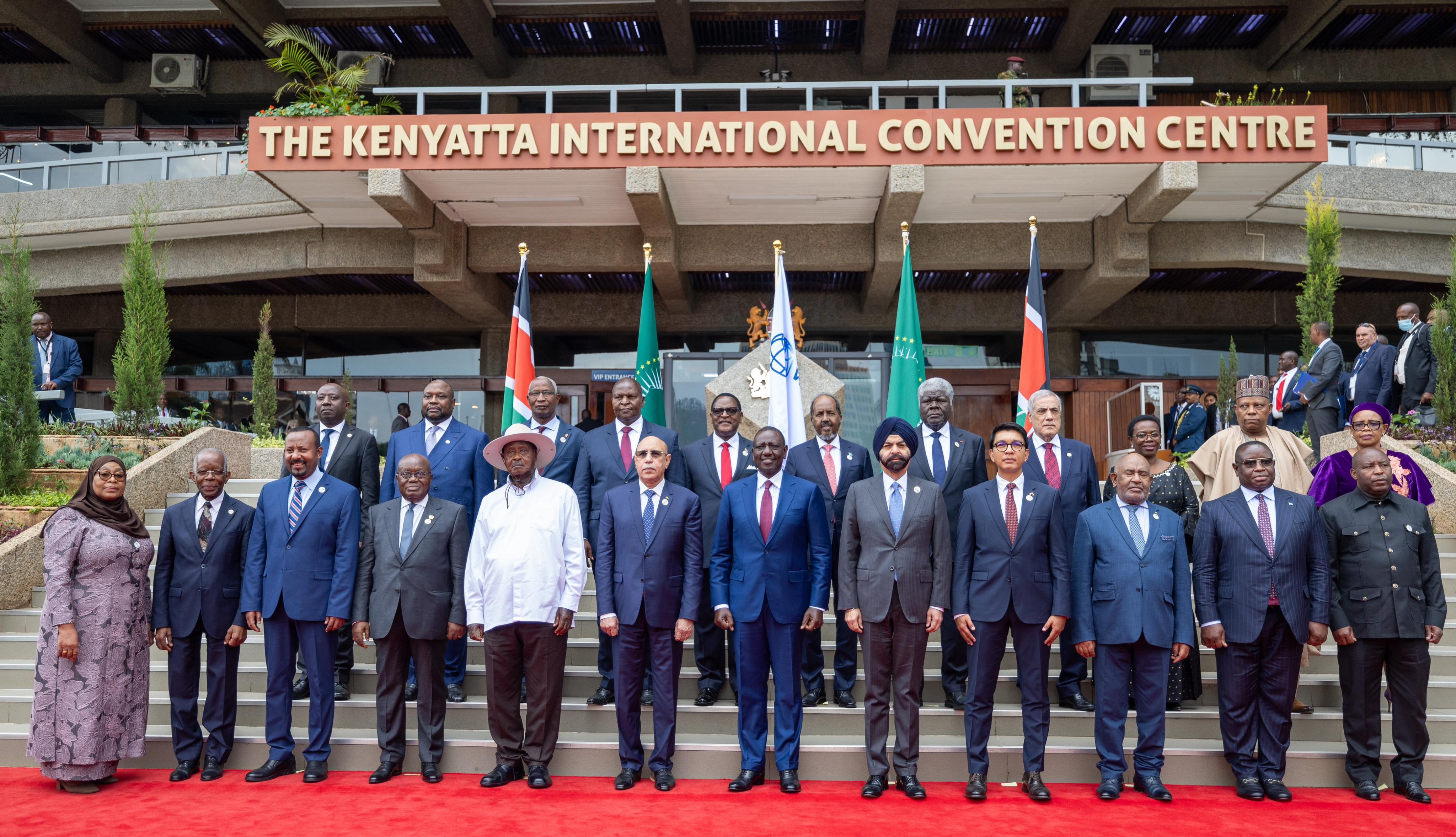Uganda has been forced to change its oil importation policy after Kenya entered Government to Government deal with Saudi Arabia and UAE on the acquisition of fuel.
Uganda imports 90 percent of its fuel through Kenya and 10 percent through Tanzania.
Uganda's Minister for Energy and Mineral Development Ruth Ssentamu announced that the country had been acquiring oil at higher cost after Kenya adopted a government-to-government deal.
At the same time, the Minister disclosed that the deal had left Uganda as a secondary option whenever there were disruptions in the supply.
This, Ssentamu said, has exposed Uganda to risks of missing on fuel supply in the event of a market disruption.
Read More
"Despite the price-competitive nature of the Open Tender System in Kenya and its relatively normal supplies, it exposed Uganda to occasional supply vulnerabilities where the Ugandan OMCs were considered secondary whenever there were supply disruptions," Ssentamu stated.

"These vulnerabilities paused additional challenges, resulting in Uganda receiving relatively costly products and ultimately impacting the retail pump prices."
As a result, Ssentmu mentioned that Uganda has been forced to amend the Petroleum Supply Act, 2003 through the Petroleum Supply (Amendment) Bill, 2023 to protect the country from vulnerabilities and market disruption.
"The Government of Uganda remains in active dialogue with the Government of Kenya for a seamless implementation of the policy change. Both nations share a commitment to regional stability and economic growth," Ssentamu added.
The new amendment will mandate the Uganda National Oil Company to import petroleum products for the Ugandan Market.
The law will also allow the minister to nominate any other person to import petroleum products for the Ugandan market with the approval of the cabinet.
Ssentamu said the amendment will improve the security of the supply of petroleum products in the country and contribute to the reduction of pump prices by eliminating unwarranted transactions in the supply chain.
To also protect Uganda from market disruptions, Ssentamu said they have entered a partnership to ensure that there will be buffer stocks in Uganda and Tanzania which will ensure continuous availability of petroleum products should there be supply disruptions.








-1714391183.jpg)

